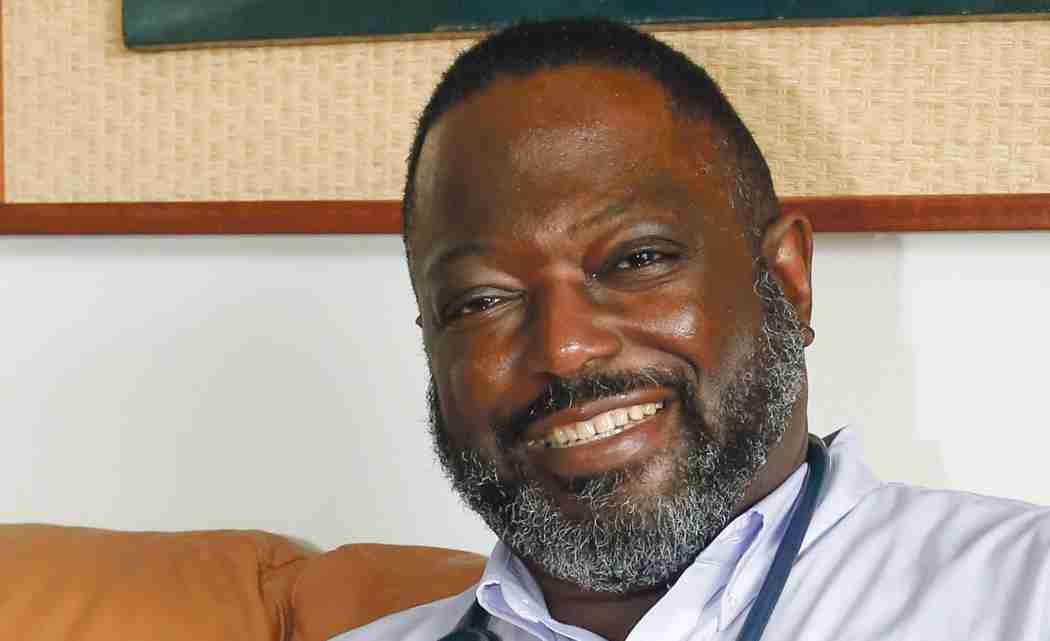At least once a week, a client asks me “What would you do if it were your pet?” The question is asked concerning topics as mundane as which brand of dog food, house training techniques, and if I would take my pet on vacations. Most frequently it is asked regarding serious medical conditions and treatments. It is a challenging question because there is no stock answer.
How a client answers the question to proceed in a medically challenging situation is often based on several factors: their emotional attachment to the pet, how much emotionally and medically they want their pet and themselves to endure, and their economic ability and willingness to authorize and go through treatment. I have seen people agonize over making a decision in cases of the most favorable outcome; while others quickly and effortlessly make a decision despite the probability of success or failure of treatment. Often times, clients will make a decision to absolve themselves of the guilt of not having done everything possible. My role is to provide accurate information and advice so the client can make an informed decision about the treatment of their pet and to be supportive of their decision.
When asked, “What would you do if it were your pet?” I only answer the question in the most grave situations and reluctantly even then. Usually in those cases there is no hope of a favorable outcome and there is the thinnest of lines between doing something and nothing in terms of the pet suffering. I can only imagine how heart rendering making such a decision must be and am thankful I have never had to personally make such a decision. Until now.
My dog Vee Vee has been having problems the last couple of months. You know Vee Vee. She is the dog that appears in the photo that accompanies my column. She is an 11 year old chubby ball of sweetness and love. She has been having an issue with lameness in her front left leg for the last couple of months. I would treat her with injectable and oral anti-inflammatory drugs which resolved the problem, but it would return shortly after stopping the oral drug regimen. After two rounds of treatment, I decided it was time to do x-rays. Since she was on the table and considering her age, I opted to do multiple x-rays in addition to the suspected problem areas. I did find the expected development of arthritic changes in her left shoulder and hip, which did account for her reoccurring lameness. In addition to the arthritis, there were some unexpected findings.
The x-rays of Vee Vee’s chest showed she has an enlarged heart and possibly a mass at the base of her heart. I repeated the x-rays and the findings were the same. Since I am treating my own pet, I have to take into consideration my objectivity and diagnostic skills being impaired by my closeness to the patient. I had the films reviewed by a colleague and he agreed with my diagnosis. I sent them out for evaluation by a board certified radiologist and the diagnosis was the same. Thankfully, she is not showing any signs of cardiac insufficiency and is doing well on anti-inflammatory medication a couple of times a week. Finding anything other than a normal heart, two lungs, a trachea, and an esophagus on a chest x-ray is not good news. She has as potential time bomb in her chest that could start to demonstrate problems at any time. So what do you do, Dr. Bland?
What do I do? What I am trained to do. I research, diagnose, and treat the problem.
I have the good fortune of living in and being a part of a professional community that has the equipment and expertise to efficiently evaluate this problem and give me the answers I need to make an informed diagnosis. Then I rely on the assistance of my colleagues to develop a treatment plan that gives Vee Vee the best quality of life for as long as possible, with the emphasis on quality. I pray for the best, but am prepared for the worst. I would do no less for the pet of any client if the situation were the same or similar, but I do it for Vee Vee with an added incentive.
Love is a great motivator.
Dr. Pierre B. Bland is a small animal practitioner who offers office and house call appointments to his clients. His offices are located at 3225 N. Andrews Avenue, Ft. Lauderdale, FL and can be reached at 954 673-8579.













No Comment